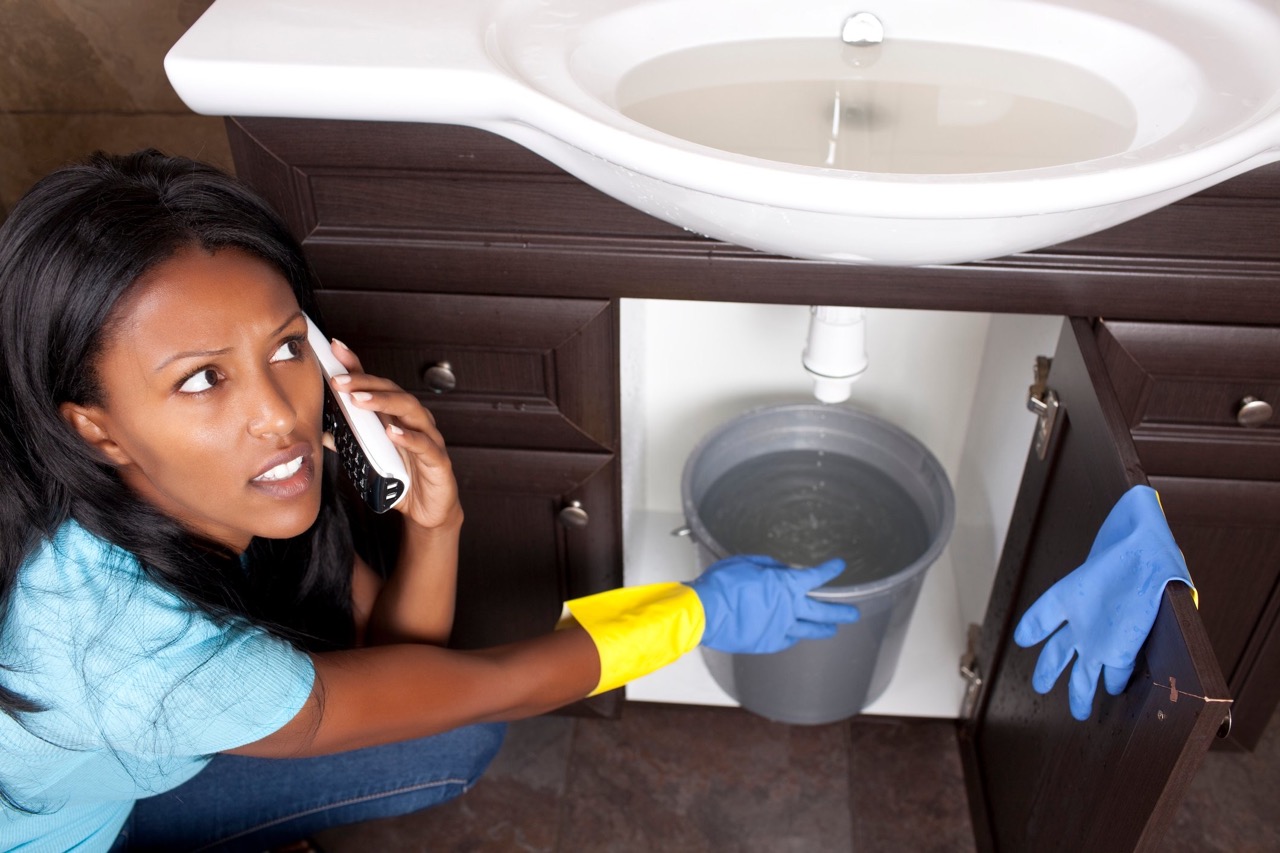

Articles
How Long Does A Landlord Have To Fix Plumbing
Modified: October 20, 2024
Learn about the time frame for landlords to address plumbing issues and ensure tenant rights. Explore informative articles on legal responsibilities within this domain.
(Many of the links in this article redirect to a specific reviewed product. Your purchase of these products through affiliate links helps to generate commission for Storables.com, at no extra cost. Learn more)
Introduction
When you rent a property, it is expected that your living space will be in good working order, including the plumbing system. However, plumbing issues can arise from time to time, such as leaks, clogged drains, or faulty fixtures. In such situations, it is crucial to understand your rights as a tenant and the responsibilities of your landlord.
This article aims to provide you with a comprehensive understanding of how long a landlord has to fix plumbing problems and the legal measures in place to protect tenants. Knowing your rights will empower you to take appropriate action if your landlord fails to address plumbing issues promptly.
Key Takeaways:
- Landlords are legally obligated to address plumbing issues promptly to maintain a habitable living space for tenants, and failure to do so can lead to legal and reputational consequences.
- Tenants have legal rights to prompt plumbing repairs, including the right to report issues, seek legal counsel, and take action if landlords fail to address plumbing problems within a reasonable timeframe.
Landlord’s Responsibility to Fix Plumbing Issues
As a tenant, it is essential to understand that it is the landlord’s responsibility to ensure that the plumbing system in your rented property is in good working condition. This means that when plumbing issues arise, it is the landlord’s duty to take prompt action and address the problem.
The landlord’s responsibility to fix plumbing issues extends to a wide range of problems that may occur in your rental unit. These can include leaky pipes, malfunctioning faucets, toilet leaks, water heater problems, sewage backups, and drainage issues.
When you first sign a lease agreement, it is common for the landlord to provide you with a property in proper working order, including the plumbing system. This is known as the “implied warranty of habitability,” which means that the landlord is legally obligated to maintain the property in a livable condition throughout your tenancy.
If you notice any plumbing problems in your rental unit, it is important to report them to your landlord or property management company as soon as possible. Document the issue and communicate in writing to ensure a record of your request.
Remember, your landlord’s responsibility to fix plumbing issues also extends to common areas in multi-unit buildings, such as hallways, laundry rooms, or communal bathrooms. These areas should have properly functioning plumbing systems to ensure the comfort and safety of all tenants.
Legal Rights of Tenants regarding Plumbing Repairs
Tenants have certain legal rights when it comes to plumbing repairs in their rented property. These rights offer protection and ensure that landlords fulfill their responsibilities in a timely manner.
One of the most important legal rights for tenants is the right to a habitable living space. Every state has laws that require landlords to provide a habitable environment for tenants, which includes functioning plumbing systems. If your rented property has plumbing issues that make it uninhabitable, you have the right to request repairs.
In most jurisdictions, landlords are required to fix plumbing problems within a reasonable time frame once they are notified by the tenant. The specifics of the timeline may vary depending on local laws, but generally, landlords are expected to address non-emergency plumbing issues within a reasonable period, such as 24 to 48 hours.
If the plumbing issue poses a significant health or safety risk, it may be considered an emergency repair. In such cases, tenants have the right to request immediate assistance from their landlord to address the problem. Emergency plumbing repairs typically include situations such as a burst pipe, a sewage backup, or a complete loss of water supply.
It is important to review your lease agreement to understand the specific obligations and responsibilities of your landlord. Your lease may outline additional provisions regarding plumbing repairs and the steps you need to take to report issues.
If your landlord fails to address plumbing issues within a reasonable time frame or ignores your requests for repairs, you may have the right to take legal action. This can include filing a complaint with a local housing authority or seeking legal counsel to explore your options.
Before pursuing legal action, it is advisable to consult with an attorney who specializes in tenant-landlord disputes. They can provide guidance specific to your situation and help you understand the legal rights and remedies available to you.
Timelines for Landlords to Address Plumbing Problems
When it comes to addressing plumbing problems, landlords are expected to act in a timely manner to ensure the comfort and safety of their tenants. While the specific timelines may vary depending on local laws and the severity of the issue, there are general guidelines regarding how long landlords have to address plumbing problems.
For non-emergency plumbing issues, landlords typically have a reasonable amount of time to address the problem once they have been notified by the tenant. This timeframe can range from 24 to 48 hours, but it is essential to check local laws or lease agreements for specific requirements.
It is crucial for tenants to promptly report any plumbing issues to their landlords or property management company. Written communication is recommended as it provides documentation of the request and ensures that the landlord is aware of the problem.
If the plumbing issue is causing a complete loss of water supply or poses a significant health or safety risk, it may be considered an emergency repair. In emergency situations, landlords are typically expected to respond immediately and take prompt action to resolve the problem.
The definition of an emergency plumbing issue may vary, but it generally includes situations such as burst pipes, sewer backups, or any other plumbing problem that poses an immediate threat to the tenant’s health or safety.
It is important for tenants to understand that they should not attempt to fix plumbing issues themselves unless they have the necessary knowledge and skills. Attempting DIY repairs could cause further damage or compromise the integrity of the plumbing system, potentially leading to additional expenses or safety hazards.
If your landlord does not address the plumbing problem within a reasonable timeframe, you have several options. First, communicate with your landlord again to express your concerns and inquire about the progress of the repairs. If this does not resolve the issue, you can consider taking legal action or reporting the problem to a local housing authority.
Remember, every jurisdiction may have different guidelines and timelines for landlords to address plumbing problems. It is essential to familiarize yourself with the local laws and regulations to understand your rights and ensure that your landlord fulfills their obligations.
The landlord typically has a reasonable amount of time to fix plumbing issues, which can vary by state or local laws. It’s important to check your lease agreement and local tenant laws for specific timelines.
Landlord’s Obligations for Emergency Plumbing Repairs
When it comes to emergency plumbing repairs, landlords have specific obligations to ensure the safety and well-being of their tenants. These obligations are in place to address urgent plumbing issues that pose an immediate threat to the tenant or the property.
When an emergency plumbing issue arises, such as a burst pipe or a sewage backup, landlords are obligated to respond quickly and take immediate action to resolve the problem. The exact timeline for emergency repairs may vary depending on local laws and lease agreements, but landlords are generally expected to address emergency plumbing issues as soon as possible.
If you find yourself dealing with an emergency plumbing issue, it is crucial to notify your landlord or property management company immediately. Promptly reporting the problem will ensure that your landlord is aware of the situation and can take necessary steps to resolve it.
Landlords should have a procedure in place for handling emergency plumbing repairs. This may include providing you with an emergency contact number or having a designated emergency maintenance team available to address urgent issues outside of normal business hours.
In some situations, the landlord may need to temporarily relocate the tenant while the emergency repair is being conducted. This could involve providing alternate accommodations or arranging for a plumber to fix the issue as quickly as possible to minimize disruption to the tenant’s living situation.
Landlords are responsible for covering the cost of emergency plumbing repairs. However, if the tenant caused the emergency due to negligence or intentional misconduct, the tenant may be held financially responsible for the repairs.
In the event of an emergency plumbing repair, it is important for tenants to cooperate with their landlords or property management to facilitate the resolution of the issue. This includes providing access to the rental unit and following any instructions or safety precautions outlined by the landlord.
If your landlord fails to address the emergency plumbing issue in a timely manner or does not take appropriate action, it may be necessary to consult with an attorney or local housing authority to understand your rights and explore potential remedies.
Remember, emergency plumbing repairs should be treated as a priority, and landlords have a legal obligation to respond promptly and take necessary steps to resolve the issue to ensure the tenant’s safety and well-being.
Read more: How Long Does Plumbing Take
Consequences of Landlords Failing to Fix Plumbing Issues
When landlords fail to address plumbing issues in a timely manner, it can have several consequences for both the tenants and the landlords themselves. These consequences can range from inconvenience and discomfort for the tenants to potential legal ramifications for the landlords.
One of the primary consequences of landlords failing to fix plumbing issues is the negative impact on the tenant’s quality of life. Plumbing problems such as leaks, clogged drains, or faulty fixtures can disrupt daily routines, create unsanitary conditions, and compromise the tenant’s comfort and well-being.
In some cases, the failure to address plumbing issues promptly can lead to more significant damage to the property. For example, a small leak that goes unattended can lead to water damage, mold growth, or structural issues, which may require costly repairs that could have been avoided if the issue was addressed promptly.
Furthermore, a landlord’s failure to fix plumbing issues raises concerns about their overall responsibility and commitment to maintaining the rental property. Tenants may lose trust in their landlord’s ability to fulfill their obligations, jeopardizing the landlord-tenant relationship.
From a legal standpoint, landlords who fail to address plumbing issues may be in violation of their legal obligations. Laws and regulations vary by jurisdiction, but most states have laws that require landlords to maintain the habitability of rental properties, which includes a functioning plumbing system.
Tenants who are dealing with unresolved plumbing issues may have legal recourse available to them. They may be able to file a complaint with a local housing authority or take legal action against the landlord to compel them to address the plumbing problems and potentially seek compensation for any damages incurred.
Additionally, landlords who repeatedly fail to address plumbing issues or disregard their responsibilities may face reputational damage. Negative reviews or word-of-mouth among potential tenants can deter future renters from considering their properties, affecting the landlord’s ability to attract and retain tenants.
It is important for landlords to understand that neglecting plumbing issues not only affects the tenants but also exposes them to potential legal and financial consequences. Proactive maintenance and swift resolution of plumbing problems are key to maintaining a positive landlord-tenant relationship and ensuring the habitability of the rental property.
Tenant’s Options if Landlord Doesn’t Fix Plumbing Problems Timely
If you’ve been dealing with plumbing problems in your rental unit and your landlord has failed to address them in a timely manner, you may have several options available to you as a tenant. These options can help you resolve the issue and ensure that your landlord fulfills their responsibilities.
1. Communication: The first step is to communicate with your landlord or property management company. Clearly and calmly express your concerns about the plumbing issues and the impact they have on your daily life. Request a timeline for when the repairs will be made and document all communication in writing for future reference.
2. Review Lease Agreement: Familiarize yourself with the terms and conditions outlined in your lease agreement. Look for provisions related to repairs and maintenance and ensure that your landlord is adhering to their obligations. Knowing your rights as specified in the lease can strengthen your position if further action is needed.
3. Document Everything: Keep a detailed record of all conversations, emails, and written requests related to the plumbing issues. Take photographs or videos of the problems to provide visual evidence, if necessary. This documentation will be valuable if you need to escalate the situation or seek legal action in the future.
4. Check Local Laws: Research local laws and regulations that pertain to landlord responsibilities and tenant rights. Each jurisdiction may have different guidelines regarding the timeframe for landlords to address plumbing issues. Understanding your legal rights can help you determine the appropriate course of action.
5. Contact Local Housing Authority: If your landlord continues to ignore your requests and fails to address the plumbing problems, consider contacting your local housing authority. They can assist you in understanding your rights as a tenant and may be able to intervene on your behalf to resolve the issue or conduct an inspection if necessary.
6. Withhold Rent or Repair and Deduct: In some jurisdictions, tenants may have the option to withhold rent or repair the plumbing issues themselves and deduct the cost from their rent. However, it is important to note that these options may come with specific requirements and legal procedures that must be followed.
7. Legal Action: If all other attempts to resolve the plumbing issues have been unsuccessful, you may need to consider taking legal action. Consult with a tenant rights attorney who specializes in landlord-tenant disputes to understand your legal rights and options for pursuing a case against your landlord.
Remember, it is essential to seek legal advice and understand the specific laws and regulations in your jurisdiction before taking any significant action. Each situation is unique, and it is important to approach the issue with a clear understanding of your rights and the potential consequences.
Conclusion
Dealing with plumbing problems in a rented property can be frustrating and disruptive to your daily life. As a tenant, it is important to be aware of your rights and your landlord’s responsibilities when it comes to addressing plumbing issues.
Landlords are legally obligated to provide tenants with a habitable living space, which includes a properly functioning plumbing system. They are responsible for addressing plumbing problems within a reasonable timeframe, whether they are non-emergency issues or emergency repairs.
If your landlord fails to address plumbing issues in a timely manner, it is essential to take appropriate action. This can include reporting the problem in writing, consulting your lease agreement for specific provisions, and understanding your local laws and regulations regarding landlord responsibilities and tenant rights.
Communication with your landlord is key. Clearly express your concerns and request a timeline for the repairs. Document all communication and keep a record of the issue, including photographs or videos if necessary.
If the situation persists, you may need to escalate the matter by contacting your local housing authority or seeking legal advice from a tenant rights attorney. They can assist you in understanding your rights, exploring potential remedies, and taking necessary steps to resolve the plumbing issues.
Remember, every situation is unique, and the specific steps you can take may vary depending on your jurisdiction and the terms outlined in your lease agreement. It is important to to be well-informed, seek legal advice if needed, and take action to ensure that your living environment remains safe and habitable.
By understanding your rights as a tenant and holding your landlord accountable for plumbing repairs, you can help create a better living experience and maintain a positive landlord-tenant relationship.
Frequently Asked Questions about How Long Does A Landlord Have To Fix Plumbing
Was this page helpful?
At Storables.com, we guarantee accurate and reliable information. Our content, validated by Expert Board Contributors, is crafted following stringent Editorial Policies. We're committed to providing you with well-researched, expert-backed insights for all your informational needs.
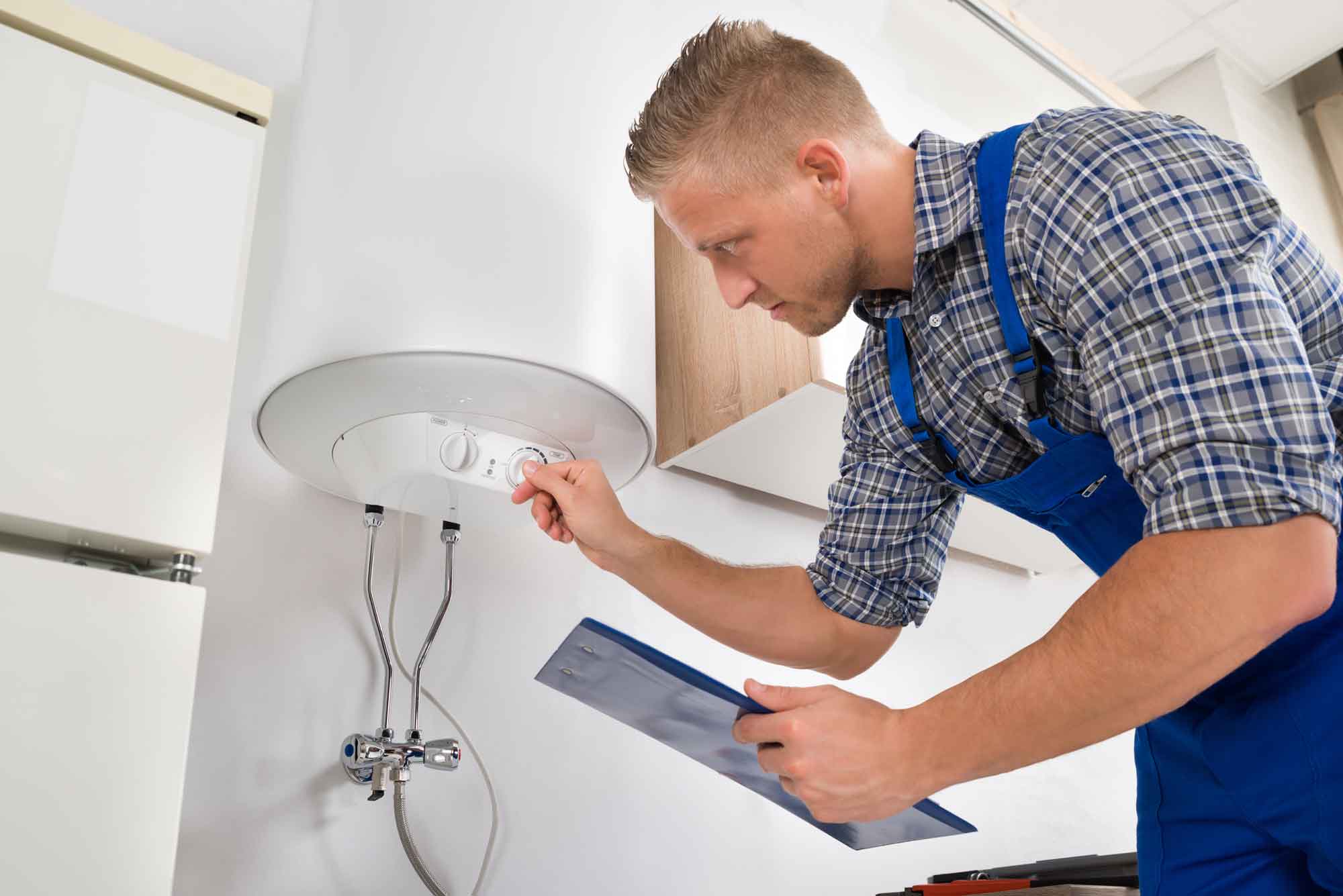
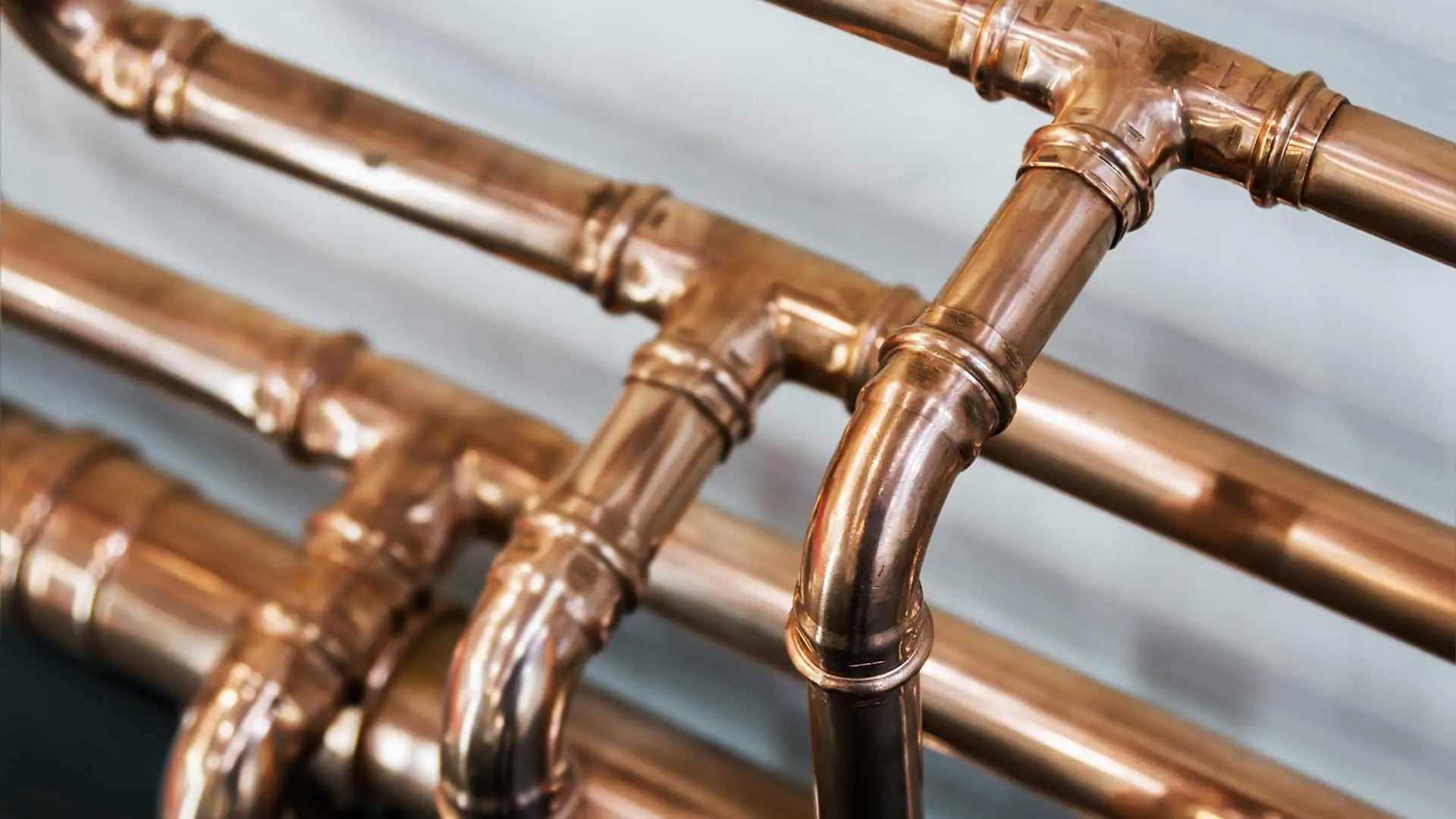
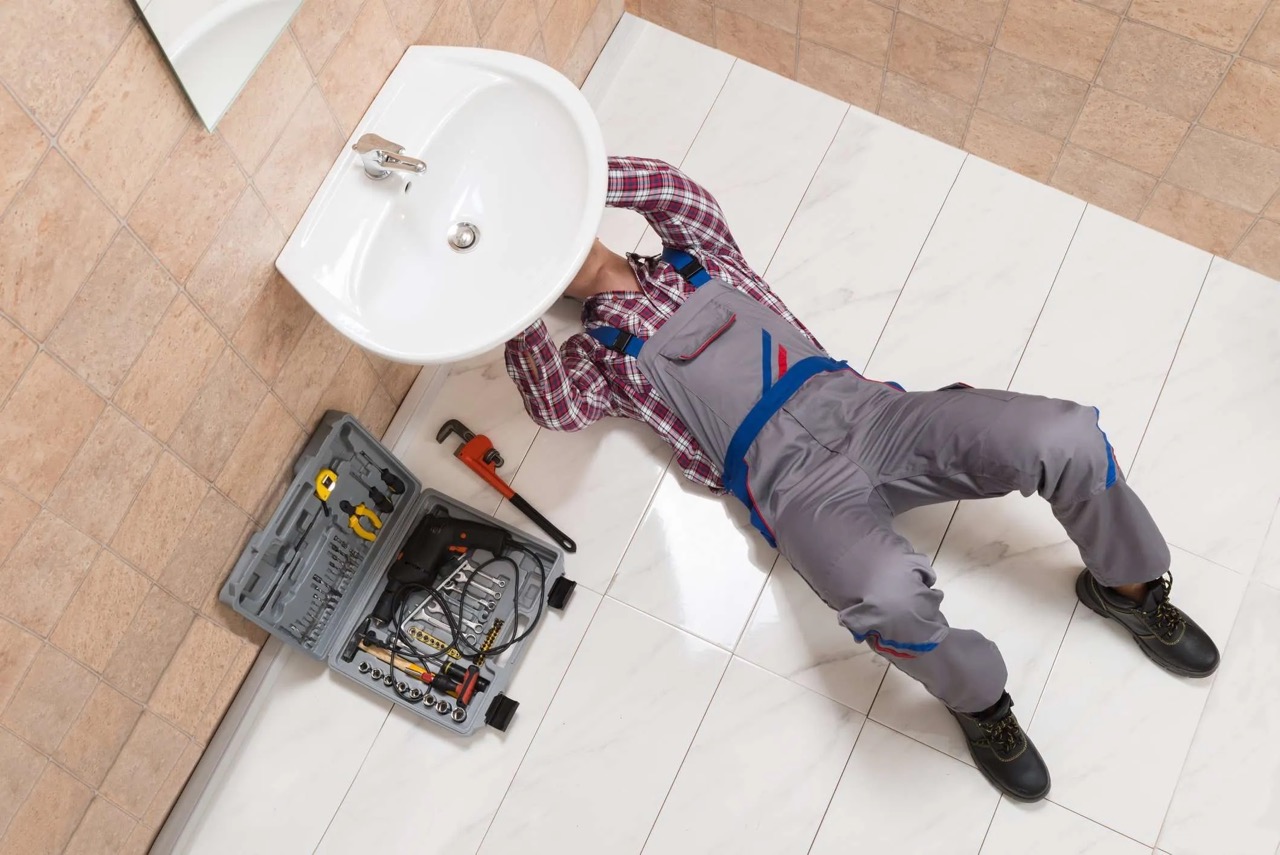
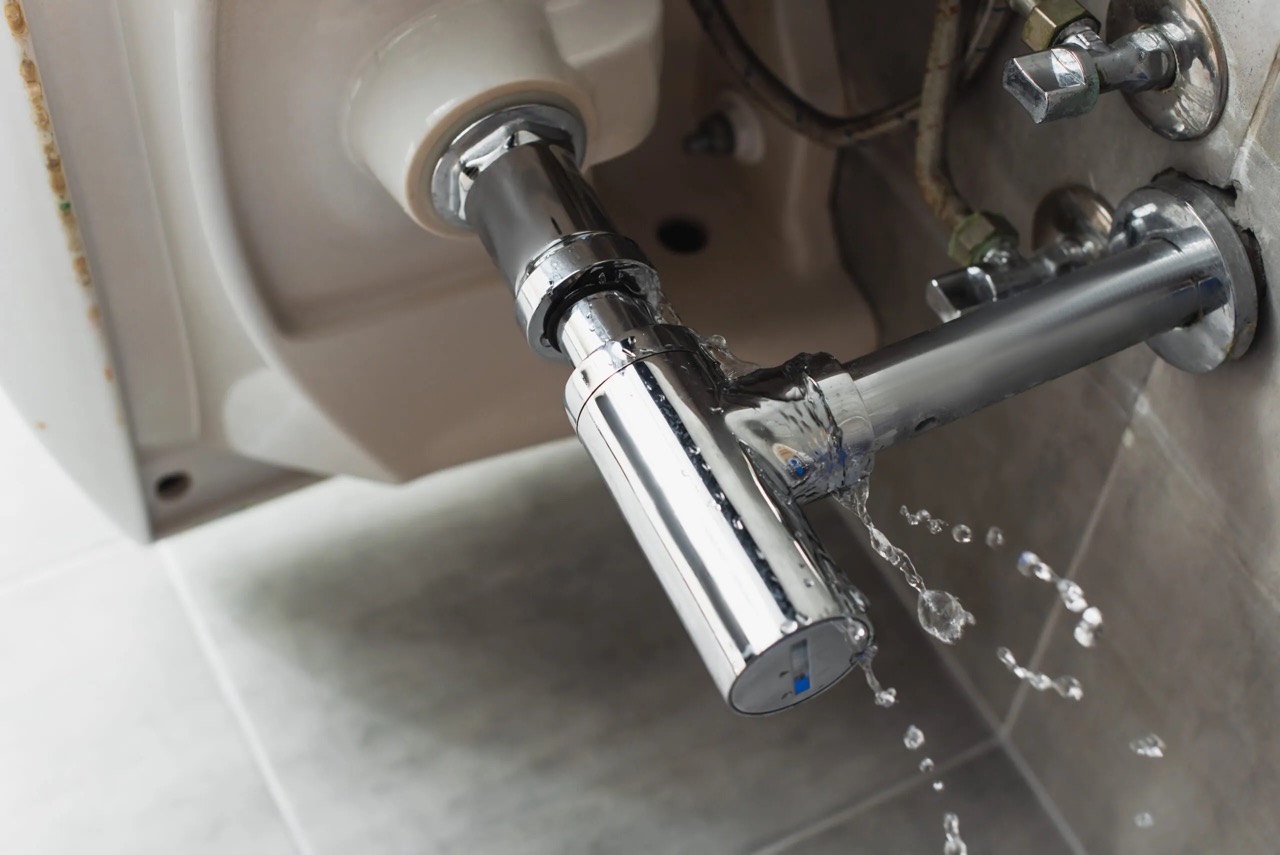
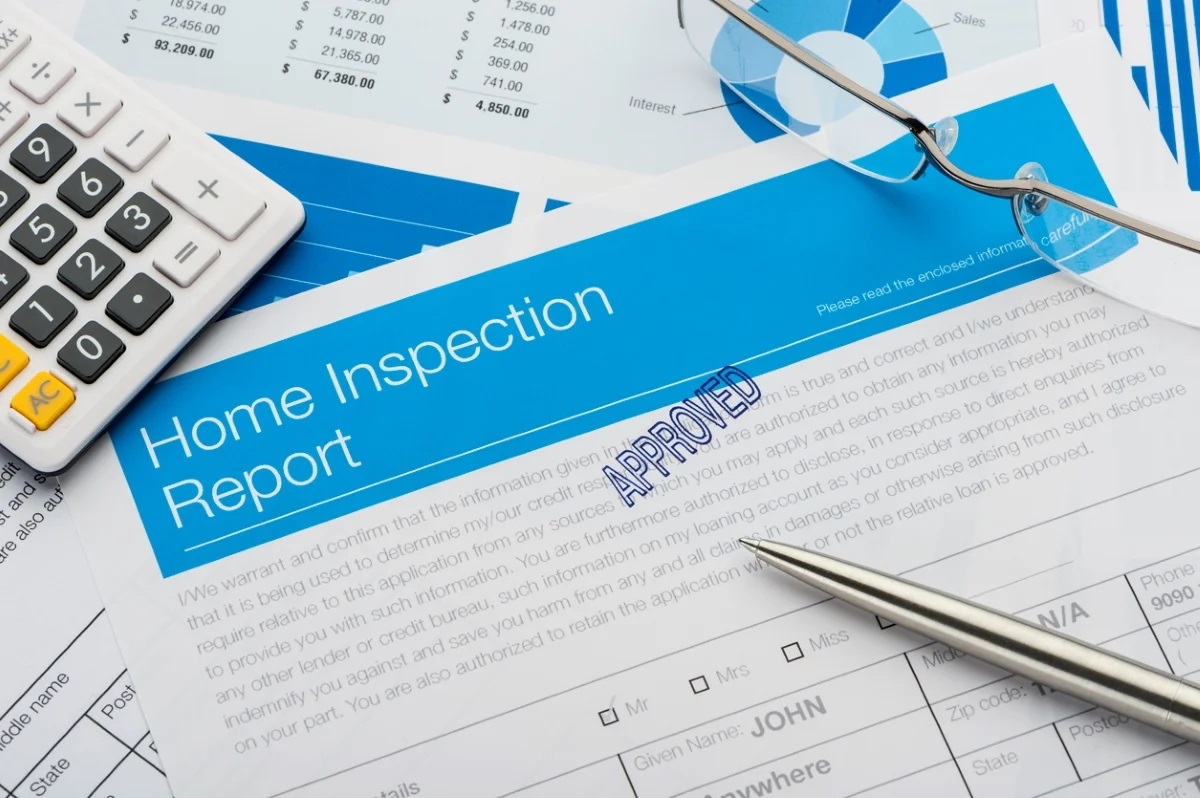
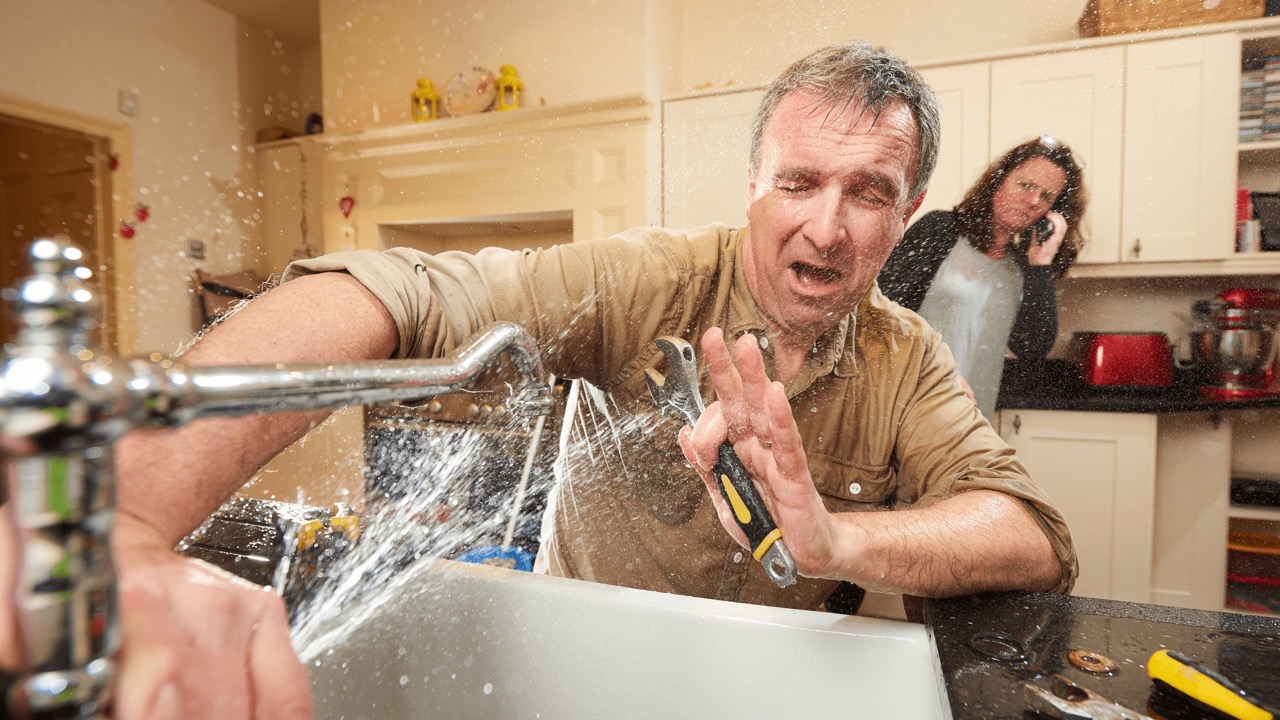
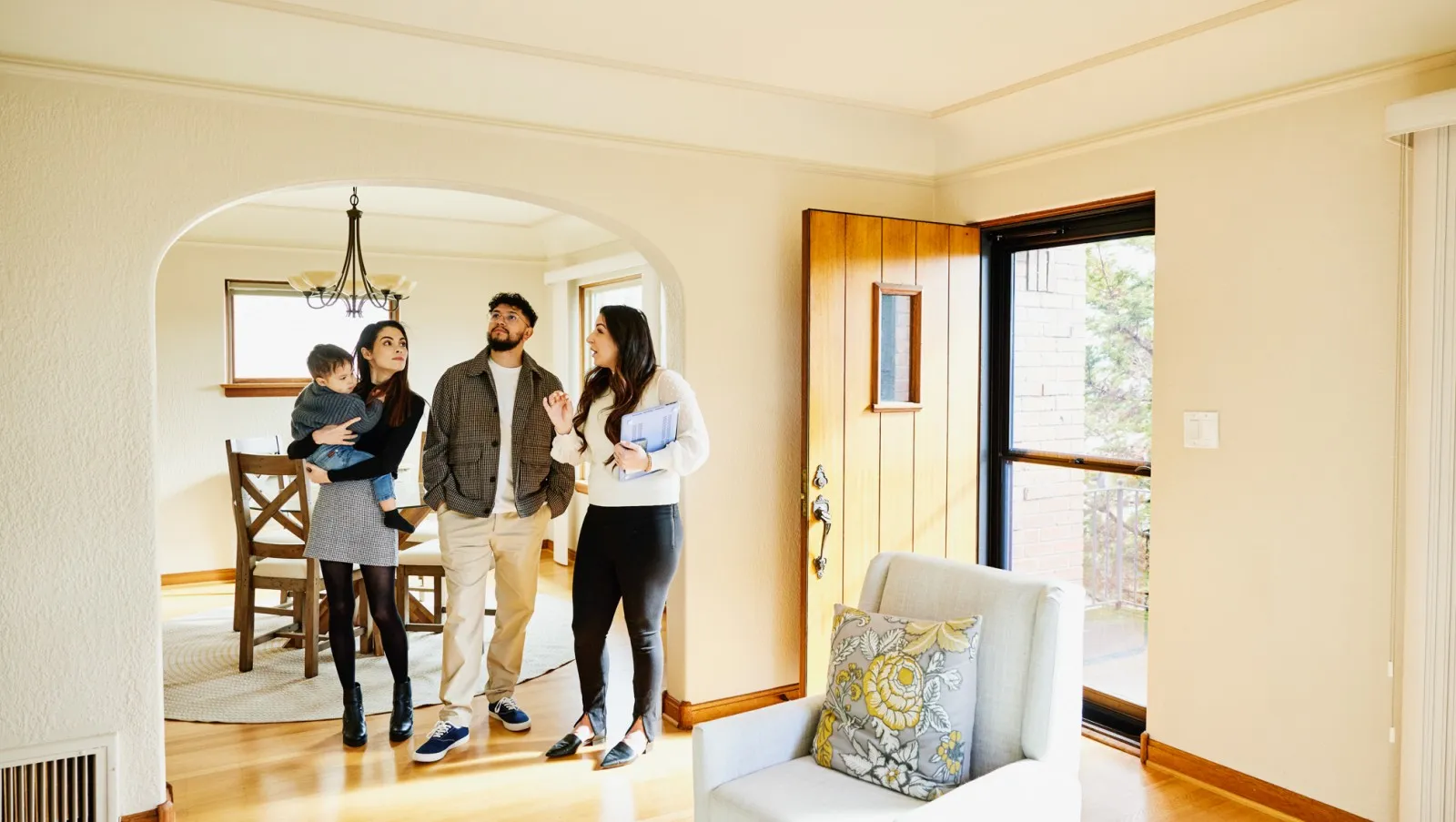

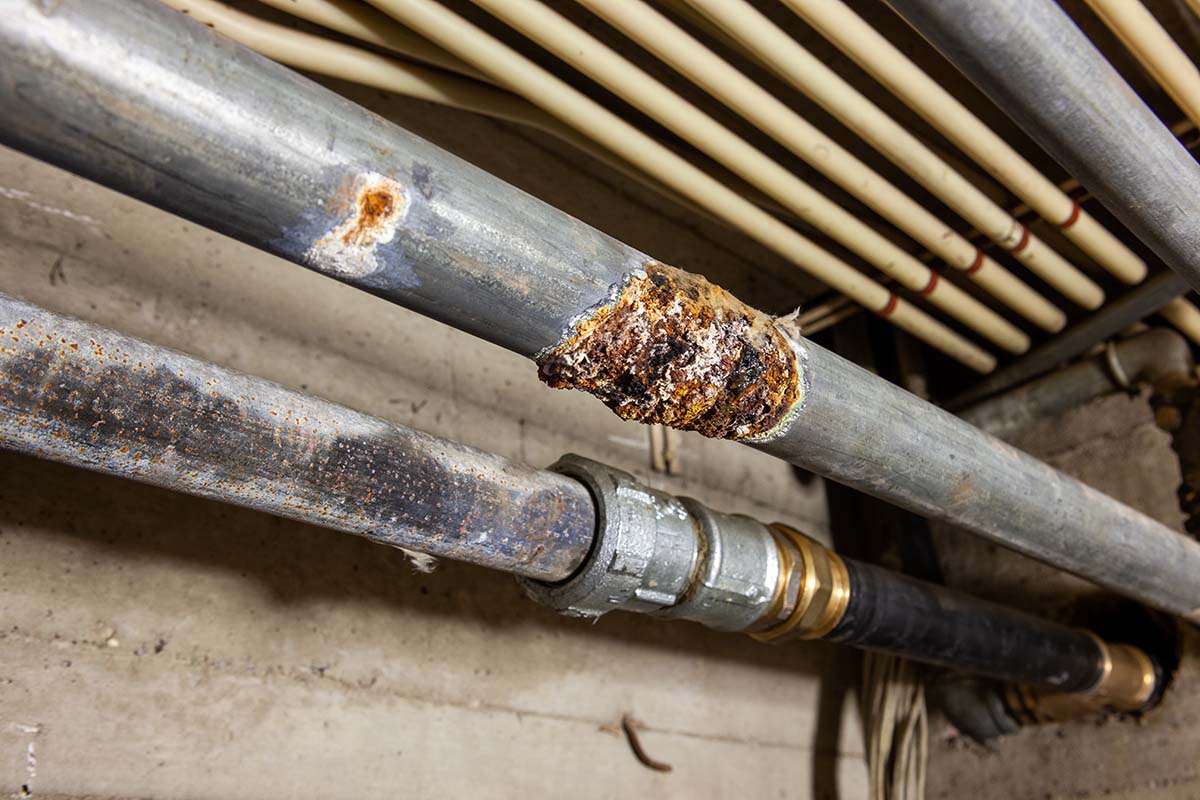
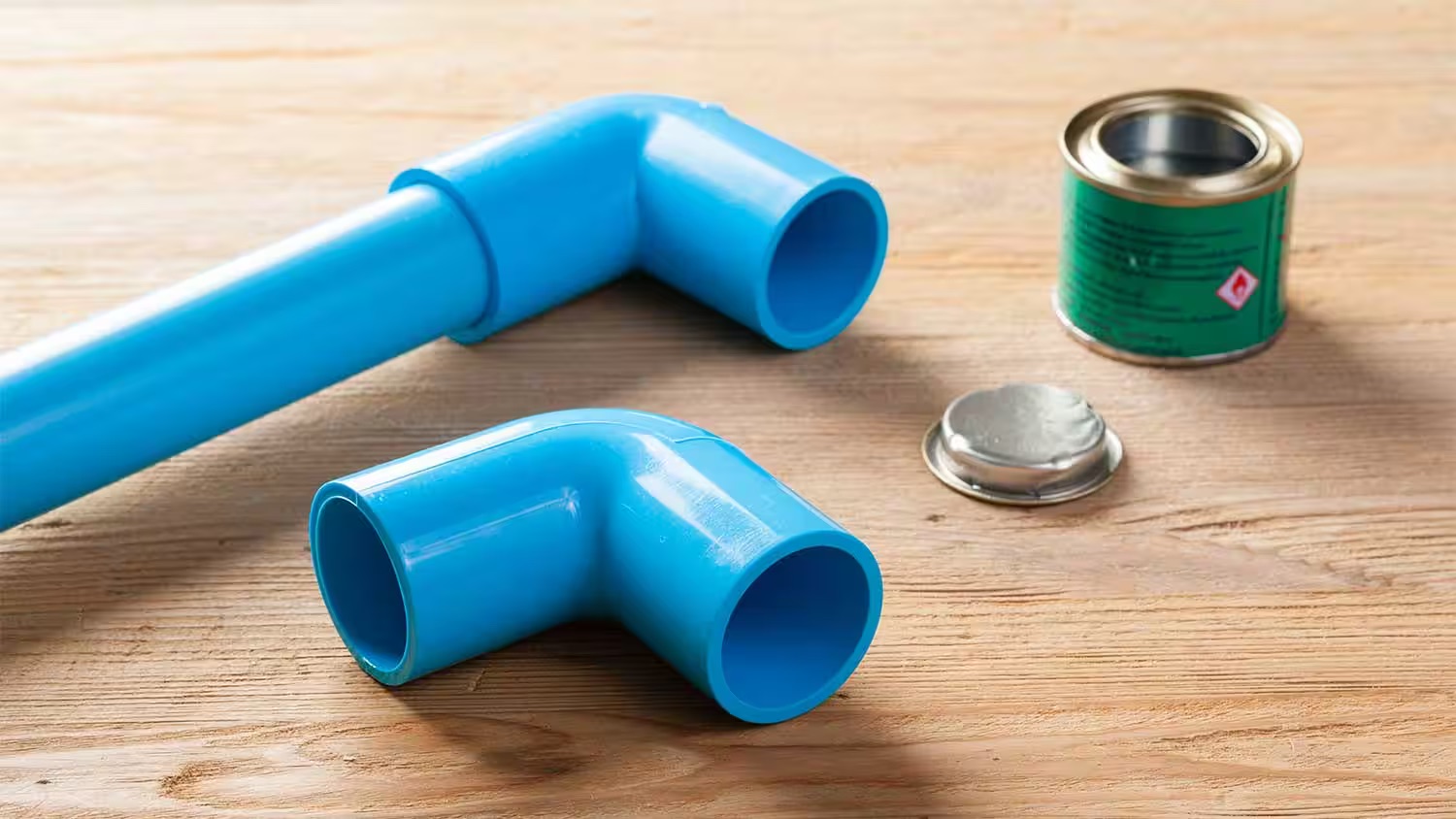
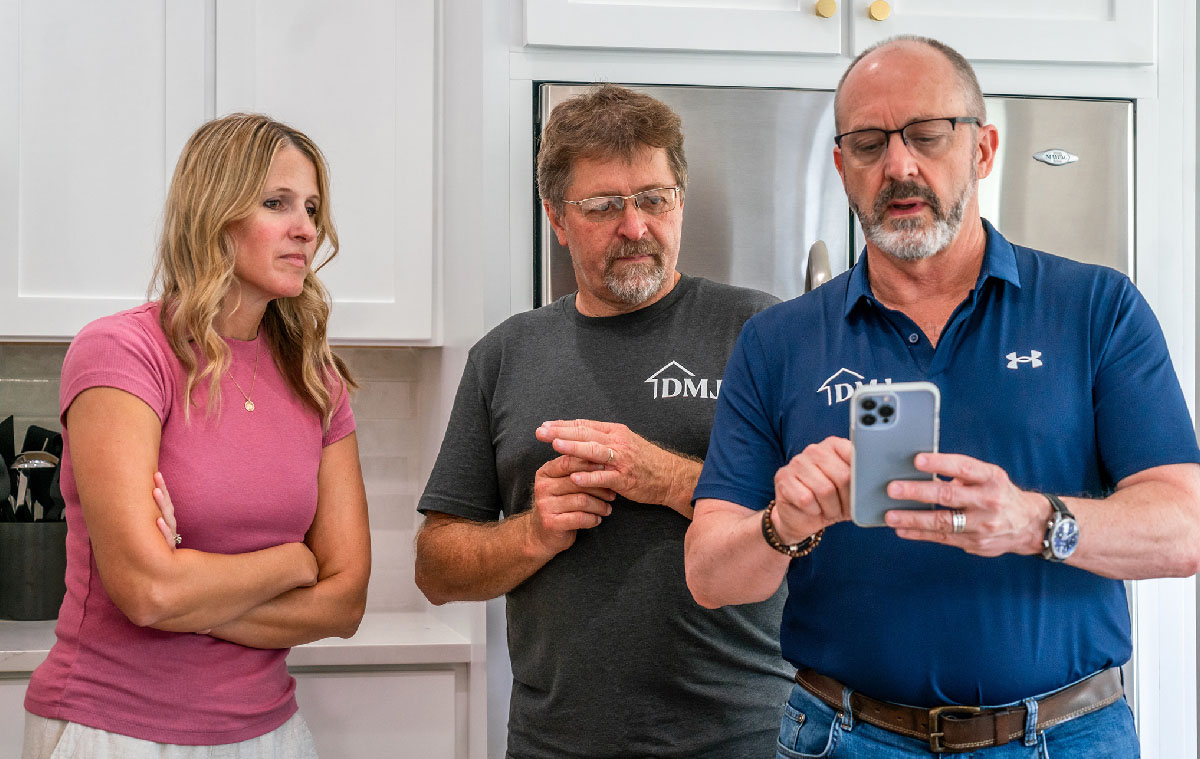
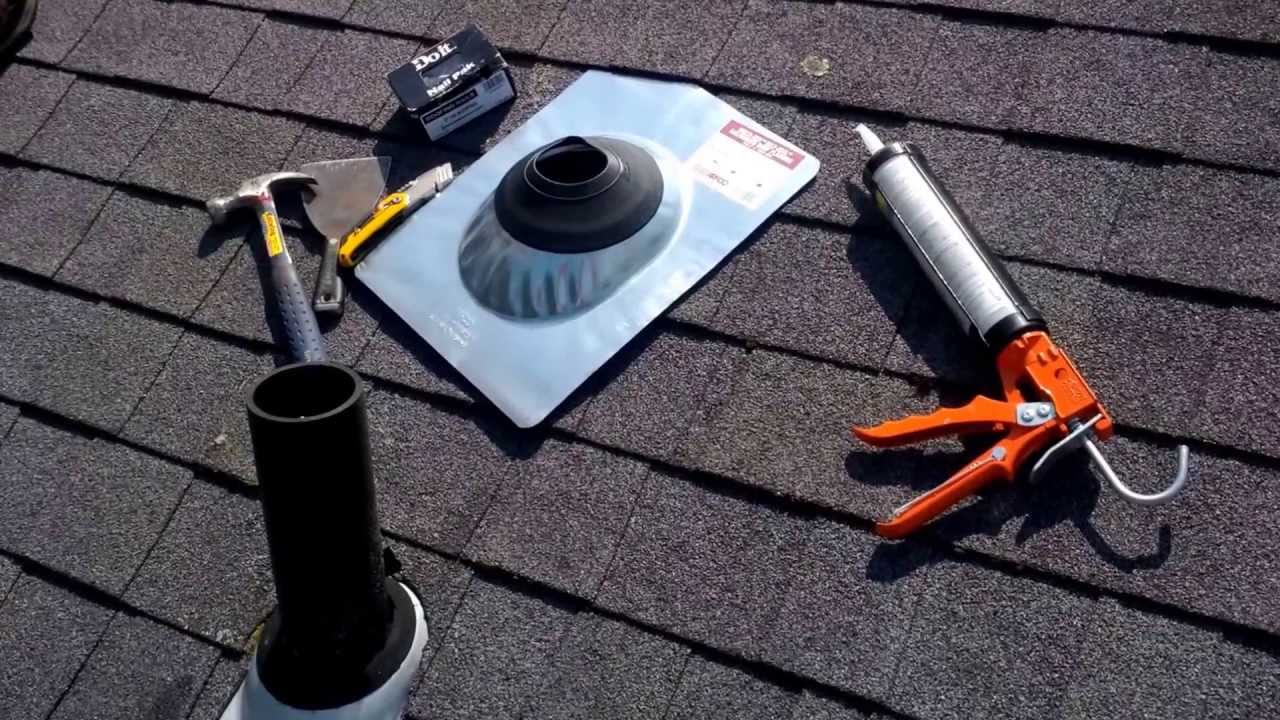
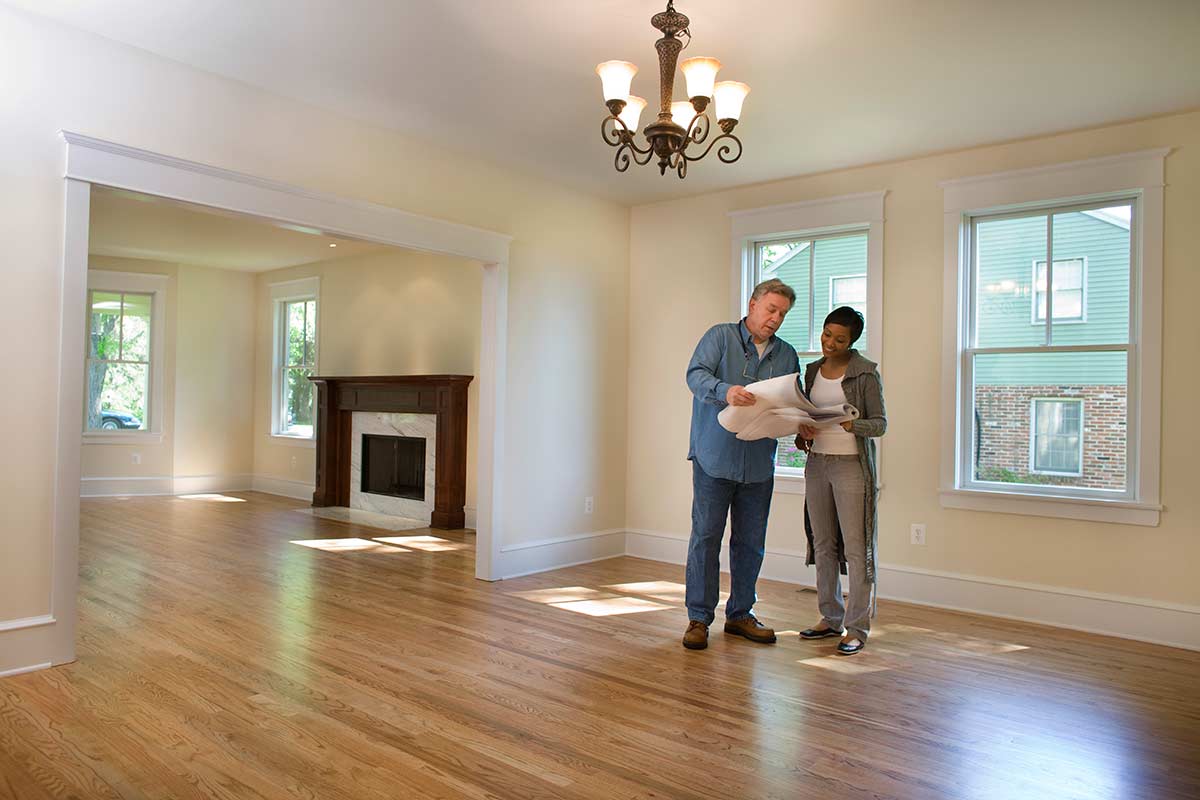
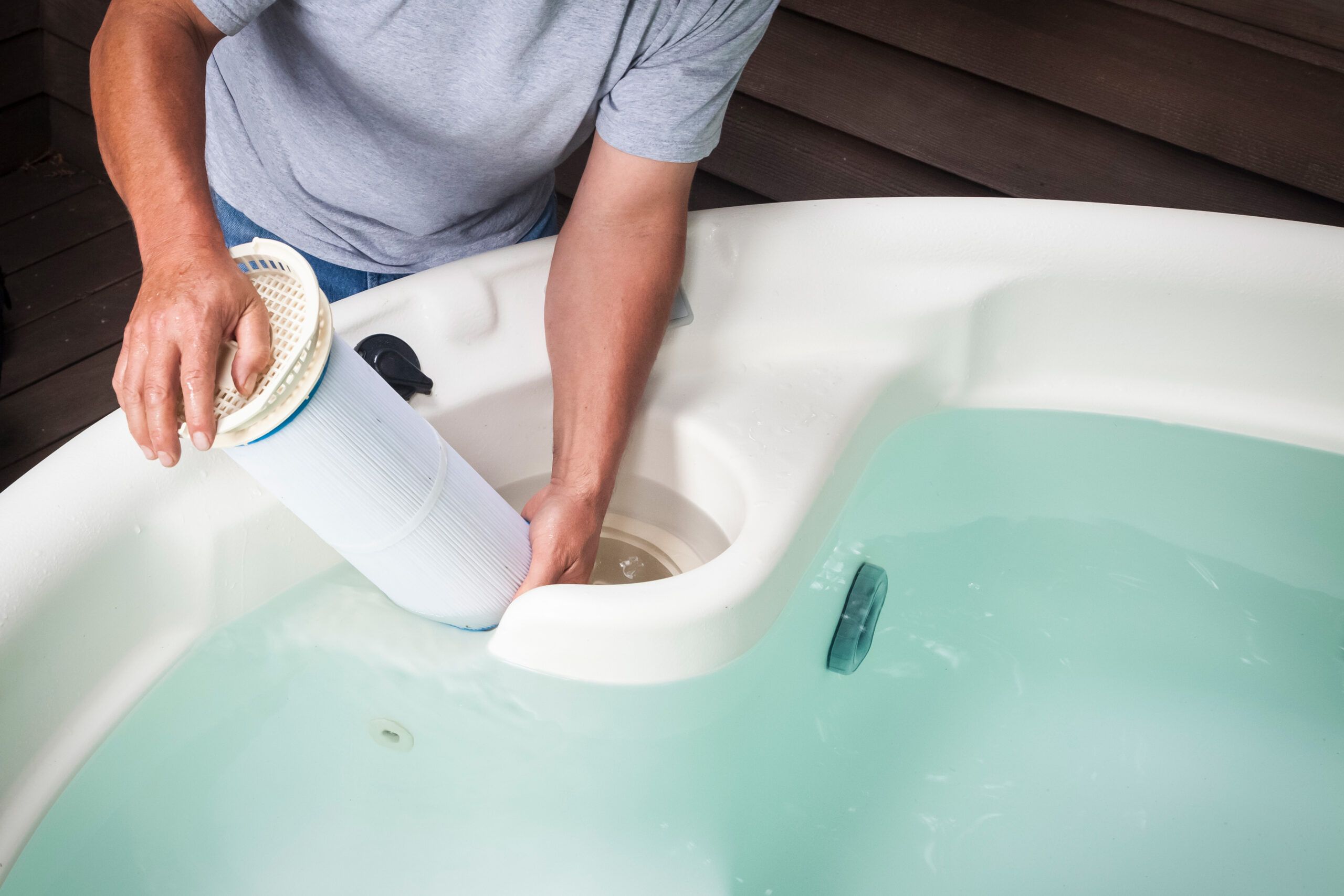

0 thoughts on “How Long Does A Landlord Have To Fix Plumbing”